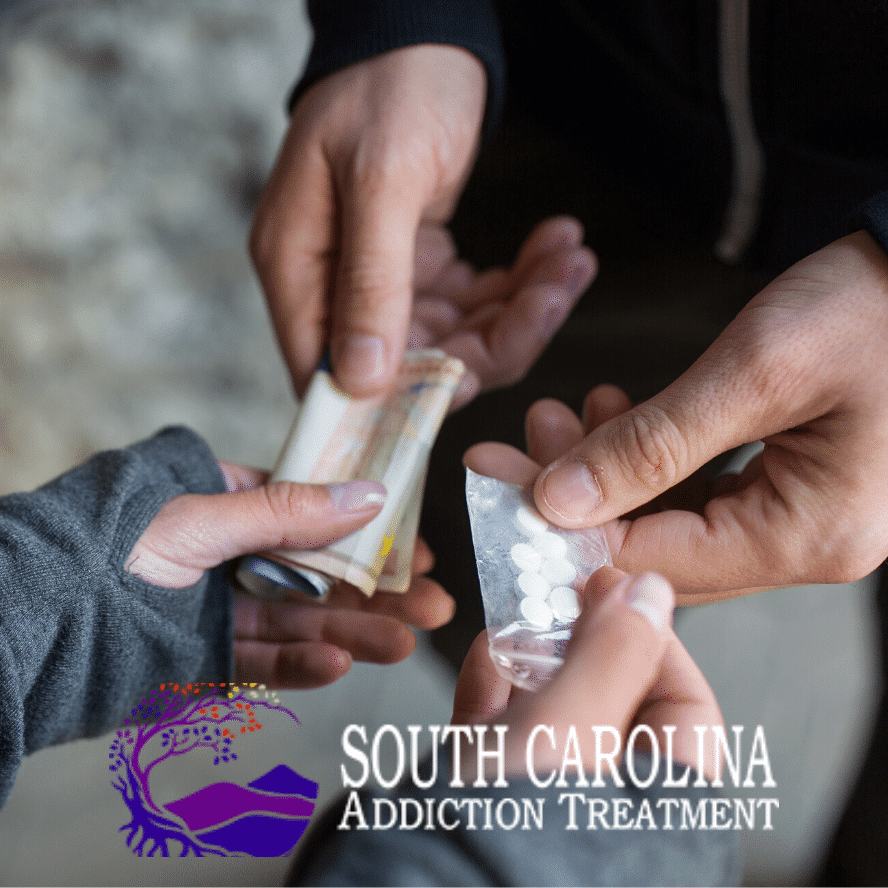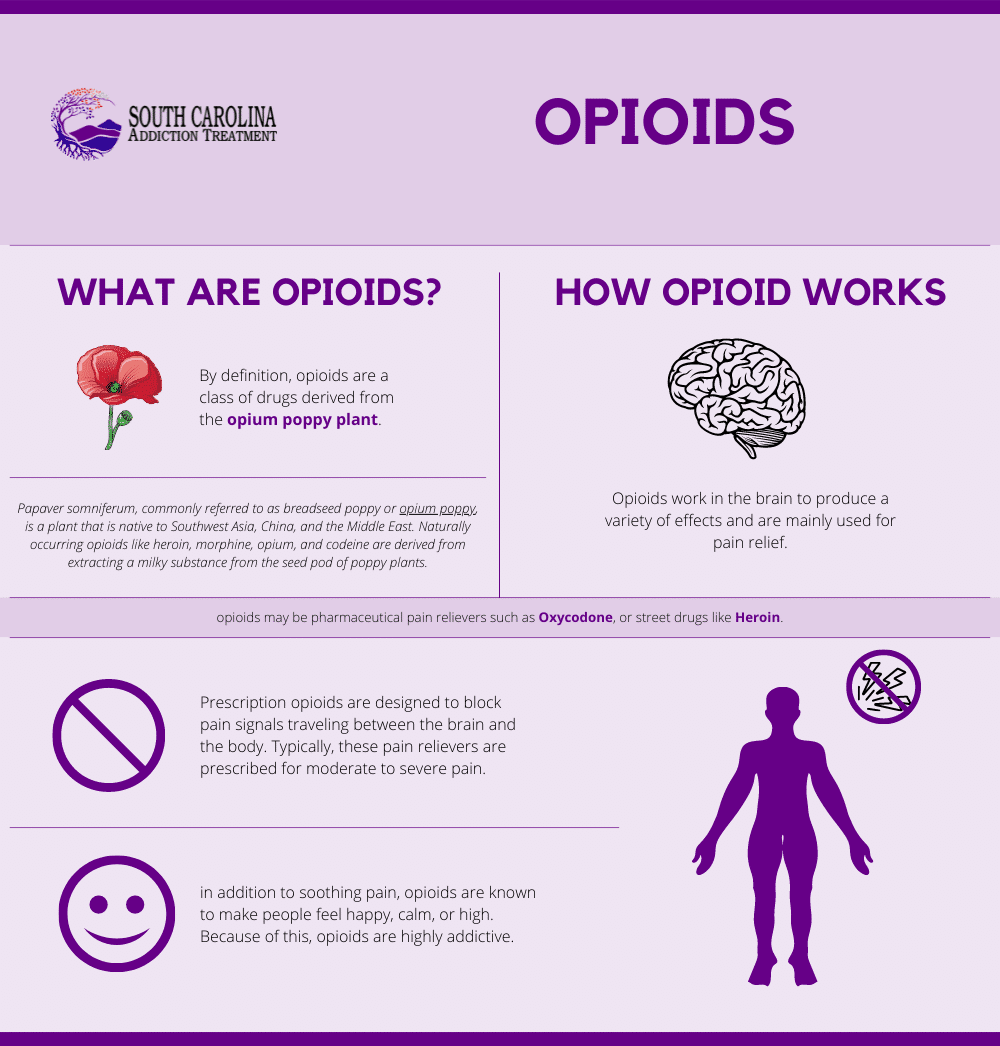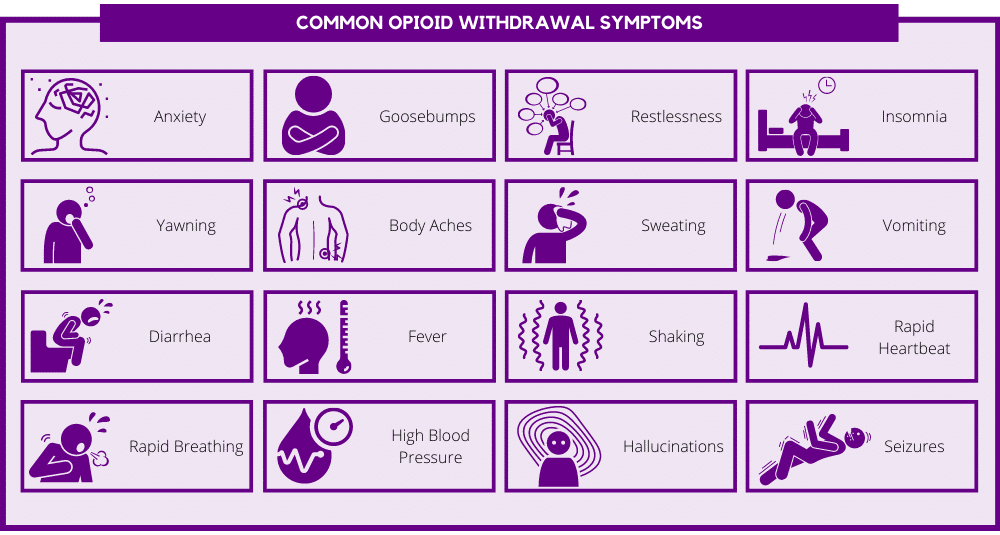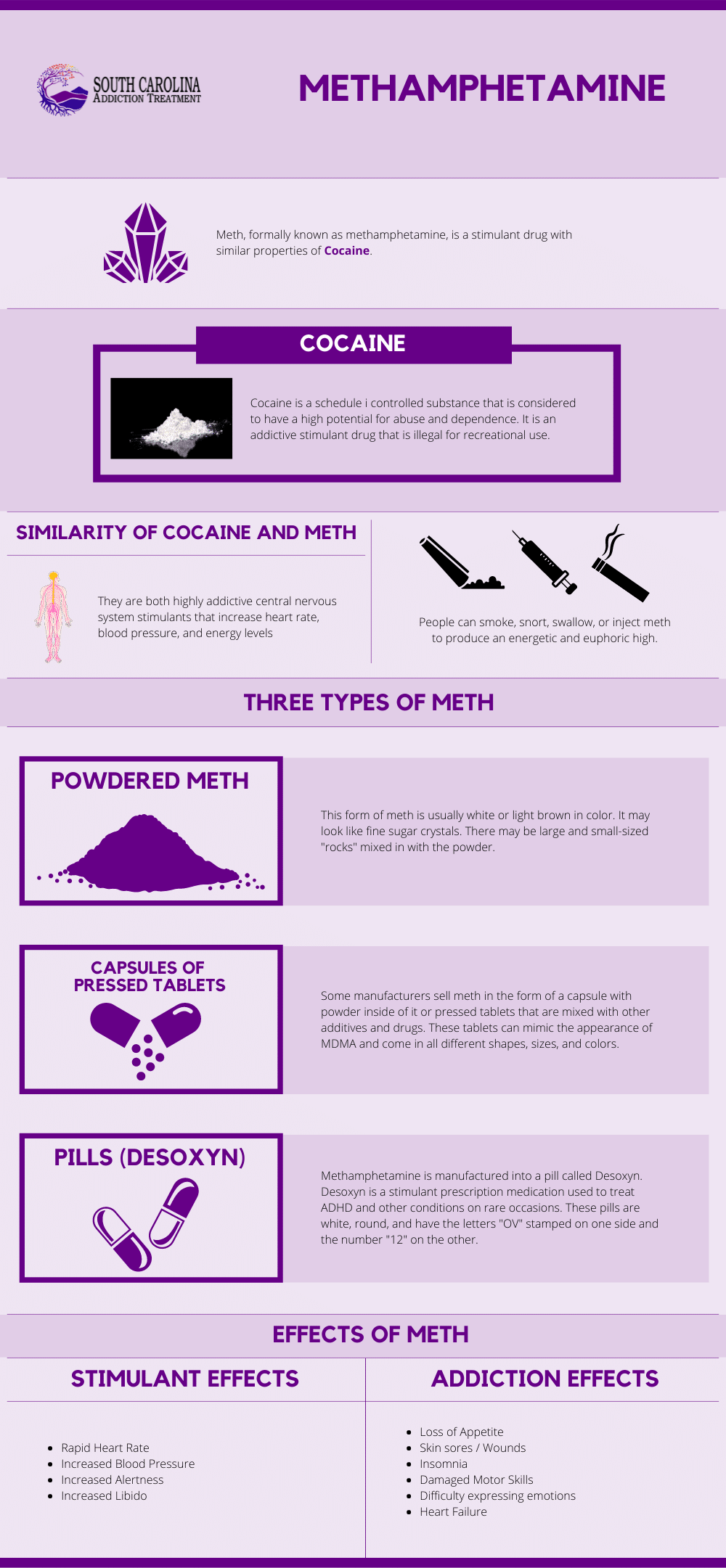Greenville, South Carolina’s Drug Problem: Opioids and Methamphetamine

Medically Verified: 2/1/24
Medical Reviewer
Chief Editor

All of the information on this page has been reviewed and verified by a certified addiction professional.
Addiction is a disease that affects an individual’s brain and behavior in such extremes that it can overtake a person’s life. Unfortunately, the disease of addiction is a common issue in the United States. So much so, that over 63,700 Americans died from a drug overdose in 2018. Areas like Greensville and Simpsonville South Carolina are no exception to the current and evergrowing drug addiction epidemic.
In fact, Greensville is a location that is frequently visited by drug cartels that bring in huge amounts of illicit narcotics at one time. As a result, individuals in the area should arm themselves with the facts and effects of drug addiction. In doing so, individuals (or their loved ones) who suffer from drug addiction can properly find addiction treatment and mental health resources.
In order to prevent addiction, or death as a result thereof, individuals must be aware of common drugs of abuse, their effects, and how to find support. Greenville, South Carolina is a wonderful city, filled with beautiful nature, educational opportunities, and a thriving art scene. However, many individuals in this area currently suffer from drug addiction. While the most popular drug of abuse in South Carolina used to be crack-cocaine, recent reports have shown that opiate and methamphetamine abuse have skyrocketed.
Dealing with an addiction to any substance is extremely difficult, but addiction to certain substances such as opiates and methamphetamines can be extraordinarily taxing on the body and mind. If you or a loved one is struggling with an addiction to opiates and/or methamphetamine, read more to learn about the signs and effects of their abuse.
Opiate Addiction in South Carolina
Opioid addiction is a common, yet devastating issue that has claimed the lives of many. According to state data, there were 172 opioid-related deaths in Greenville County alone in 2018. Opioids are a class of drugs that include illicit substances like heroin, as well as prescription pain-killers. Some examples of opioids include heroin, morphine, oxycodone, and fentanyl. Addiction to opioids can affect an individual’s body and mind, causing them to feel and think as though they need the drug to survive.
Common signs of opioid addiction include:
- The inability to control opioid use
- Uncontrollable cravings
- Drowsiness
- Changes in sleep habits
- Weight loss
- Frequent flu-like symptoms
- Decreased libido
- Lack of hygiene
- Changes in exercise habits
- Isolation from family or friends
- Stealing from family, friends or businesses
- New financial difficulties
If you or a loved one are addicted to opioids in Greenville or Simpsonville, South Carolina, you must seek professional medical attention immediately. If an individual is addicted to opioids, they have developed tolerance and physical dependency. After all, attempting to quit opioid use without medical attention can result in severe withdrawal symptoms and health complications.

Opioid Withdrawal and Detox in Greenville, South Carolina
Long-term opioid abuse can lead to the development of tolerance, causing an individual to habitually increase their dosage in order to experience a desired high. As an individual develops tolerance, they will also develop a physical dependency on opioids. As a result, quitting opioids cold turkey can become dangerous due to the likelihood of withdrawal symptoms.
Common opioid withdrawal symptoms include:

- Anxiety
- Goosebumps
- Restlessness
- Insomnia
- Yawning
- Body aches
- Sweating
- Vomiting
- Diarrhea
- Fever
- Shaking
- Faster-than-normal heartbeat
- Rapid breathing
- High blood pressure
- Hallucinations
- Seizures
Symptoms of opioid withdrawal can appear 12 hours after an individual’s last use of the drug. Due to the possibility of severe health complications such as high blood pressure and seizures, individuals quitting opioids should attend a medical opioid detox facility.
Medical opioid detox encompasses the use of pharmacological and psychological treatment methodologies that help patients to safely remove all substances from their bodies. As a result, individuals are able to continue addiction treatment, while experiencing lessened drug cravings and controlled withdrawal symptoms.
Methamphetamine Addiction in South Carolina
Long-term methamphetamine abuse has been found to cause severe damage among many areas of the body, including cognitive impairment, behavioral changes, compromised immune system, and one’s physical appearance. This drug is highly addictive, due to the surge of dopamine it releases in the brain, causing extreme sensations of euphoria and grandiosity.
Common symptoms of methamphetamine addiction include:
- Irritability, nervousness, paranoia, fear, violent behavior
- Wide mood swings, depression, suicidal ideation
- Significant weight loss
- Irregular sleep pattern
- Clogged, runny nose
- Sunken, baggy eyes
- Paleness
- Dental problems including tooth loss
- Neglect of work, studies
- Withdrawal from family
- Change in friends
- Impairment in thinking and memory; inattention
- Psychosis (may be treatment-resistant)
If you or a loved one are addicted to methamphetamine in Greenville or Simpsonville, South Carolina, it may be time to consider attending a professional inpatient drug rehab center. Due to the severe physical and psychological effects of methamphetamine, medical addiction treatment is necessary for the individual’s success.

Methamphetamine Withdrawal and Detox in Greenville, South Carolina
Using methamphetamine over a period of time can lead to dependency and addiction. Unfortunately, individuals addicted to methamphetamine will experience symptoms of withdrawal upon ceasing their use.
Common symptoms of methamphetamine withdrawal include:

- Fatigue
- Depression
- Increased appetite
- Anxiety, agitation, restlessness
- Excessive sleeping
- Vivid or lucid dreams
- Suicidal ideation
While the physical symptoms of meth withdrawal are less severe than other substances, psychological symptoms can be deadly. Due to the prevalence of the psychological symptoms of methamphetamine withdrawal such as suicidal ideation, medical detox is necessary. During methamphetamine detox, individuals will receive 24/7 medical and mental health treatment. In doing so, patients will become physically sober form methamphetamines, as well as begin vital psychiatric treatment.
Drug Addiction Treatment in Greenville, South Carolina
If you or a loved one is suffering from drug addiction in Greenville, South Carolina or surrounding areas such as the city of Simpsonville, help is available. South Carolina addiction treatment center and staff pride themselves on their ability to support, teach, and help individuals recover from addiction. If you would like to begin a new way of life and learn how to achieve lifelong sobriety, give us a call today.

